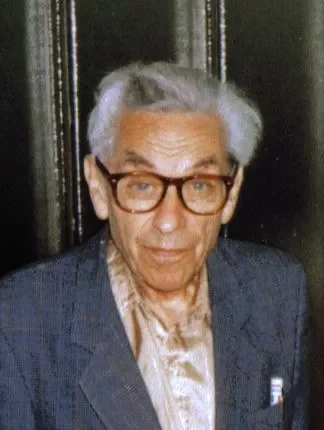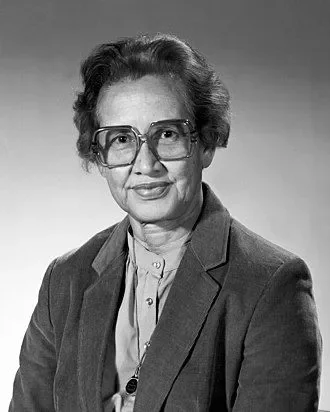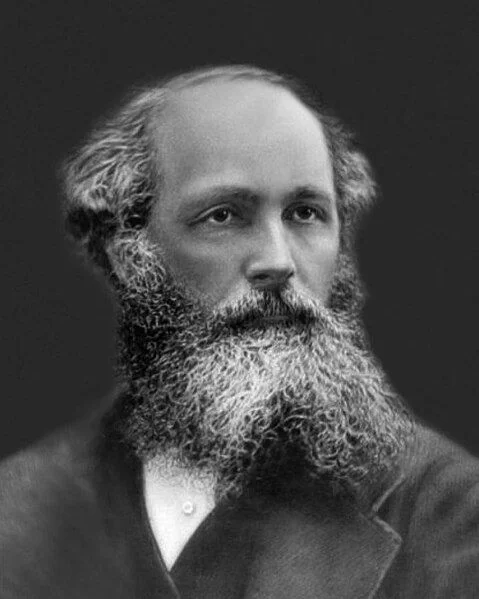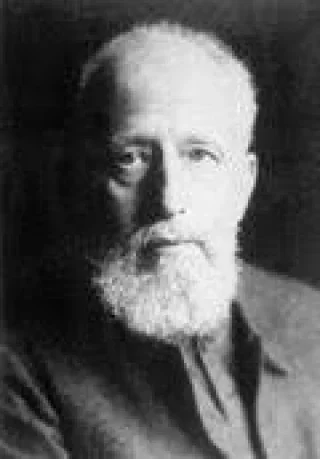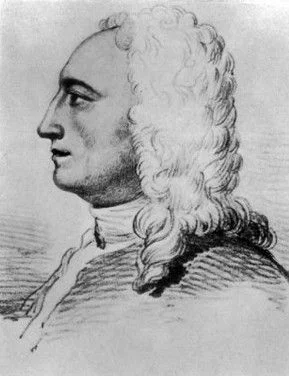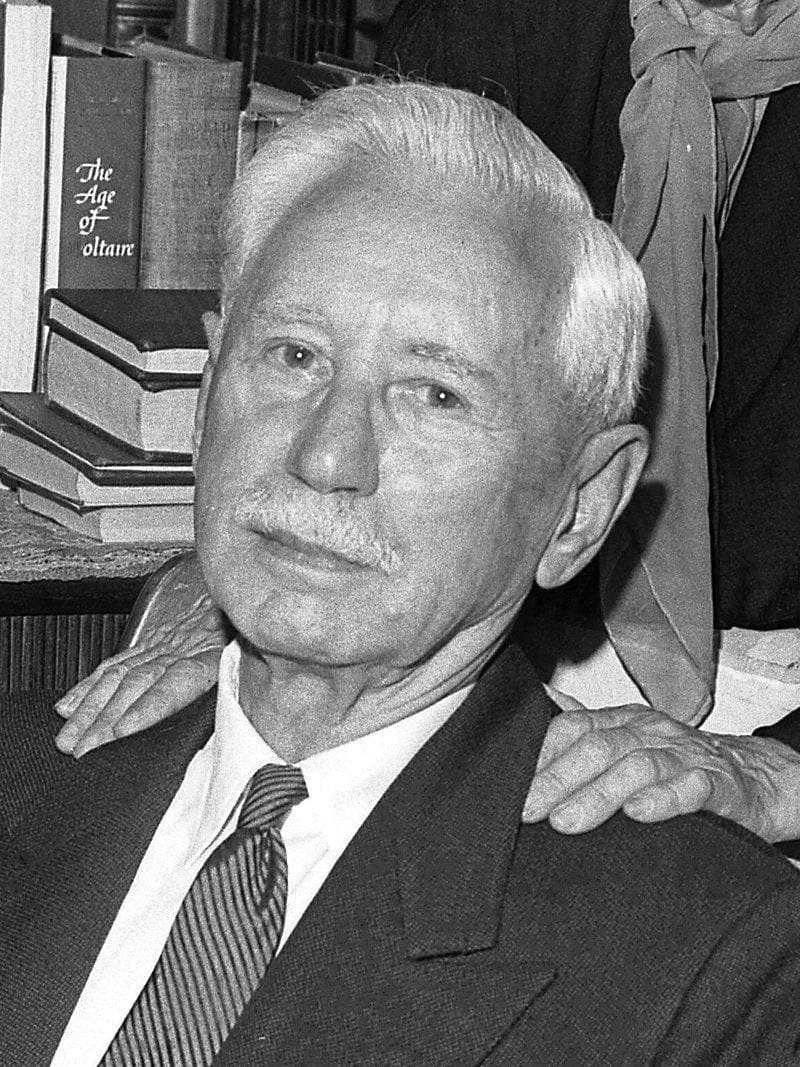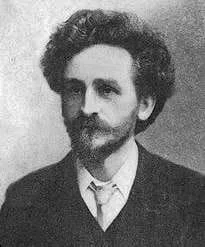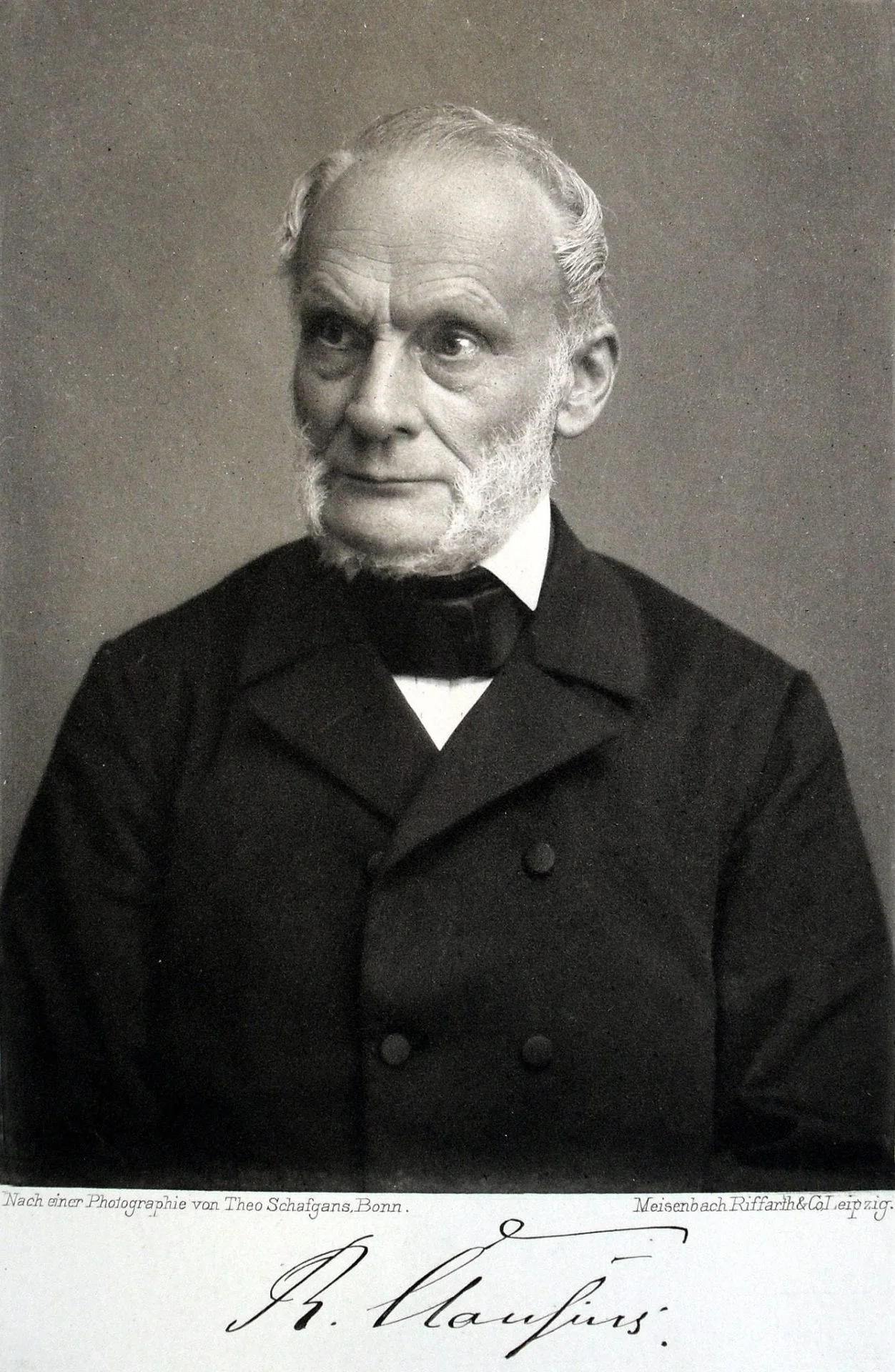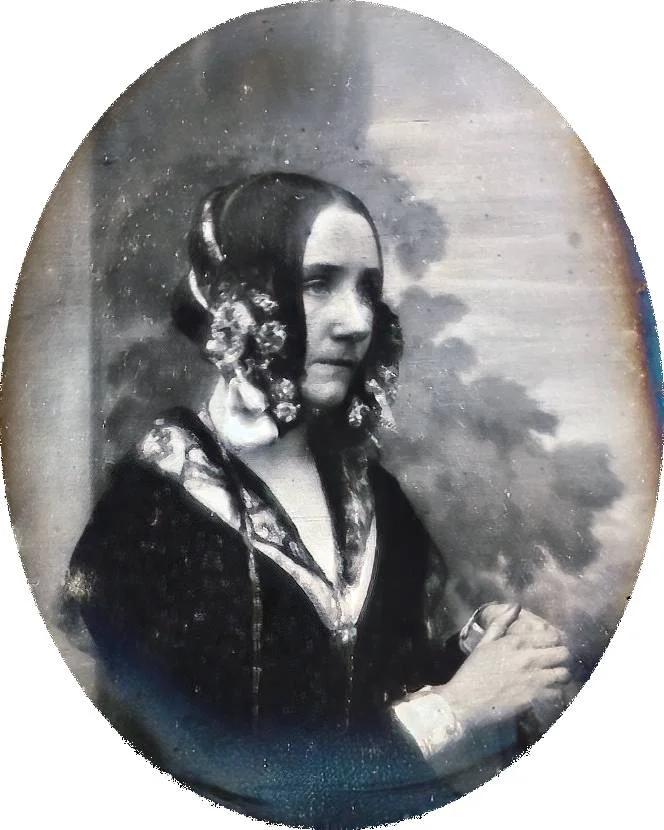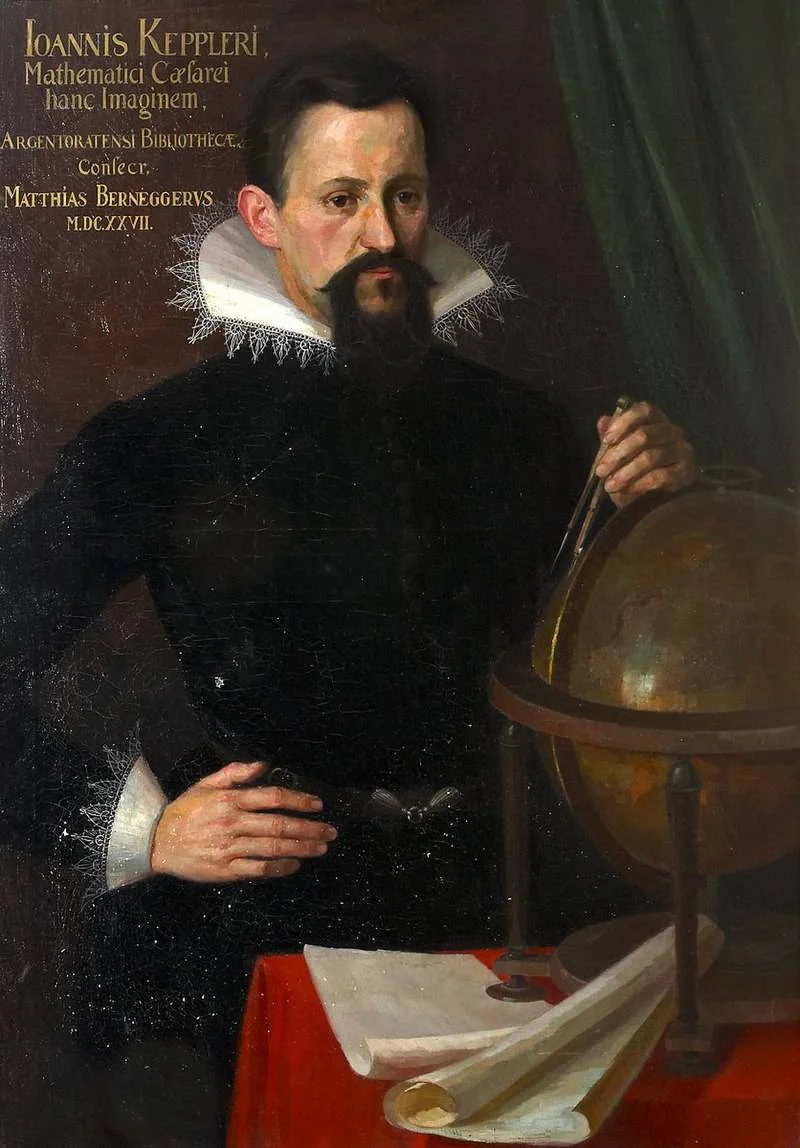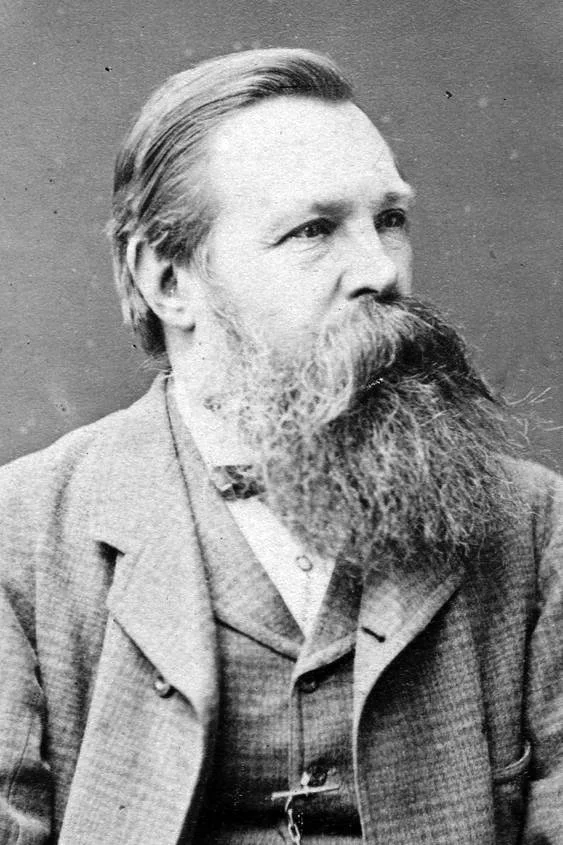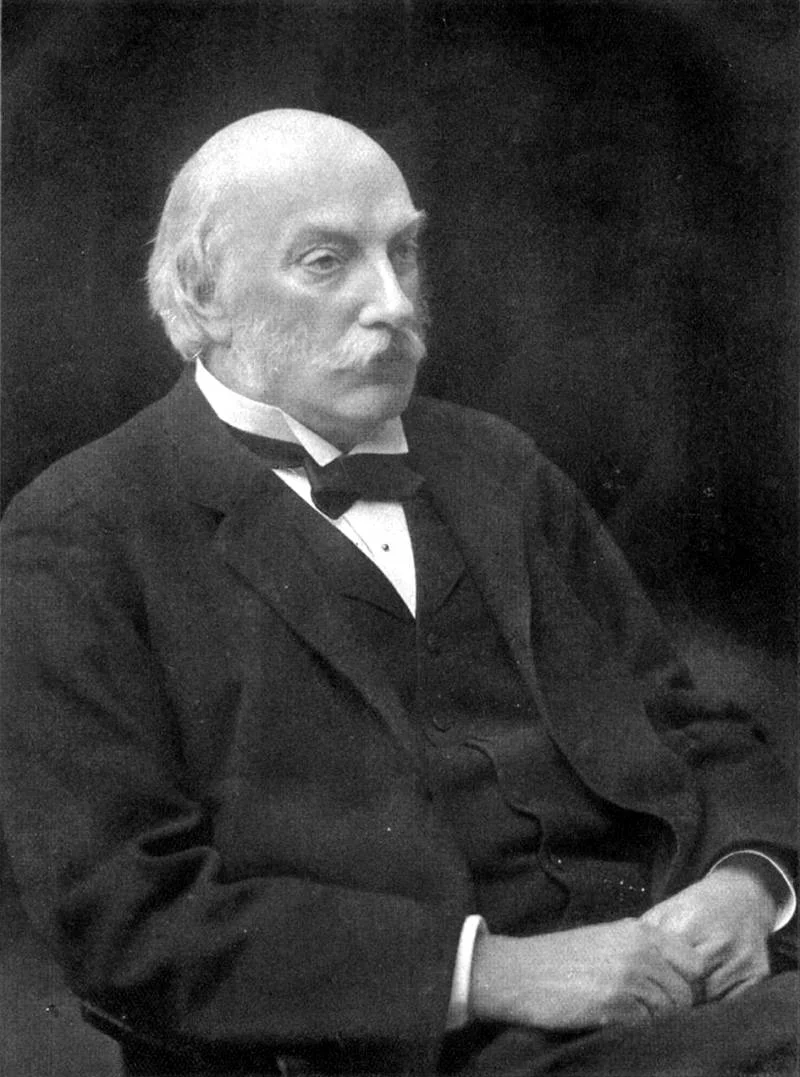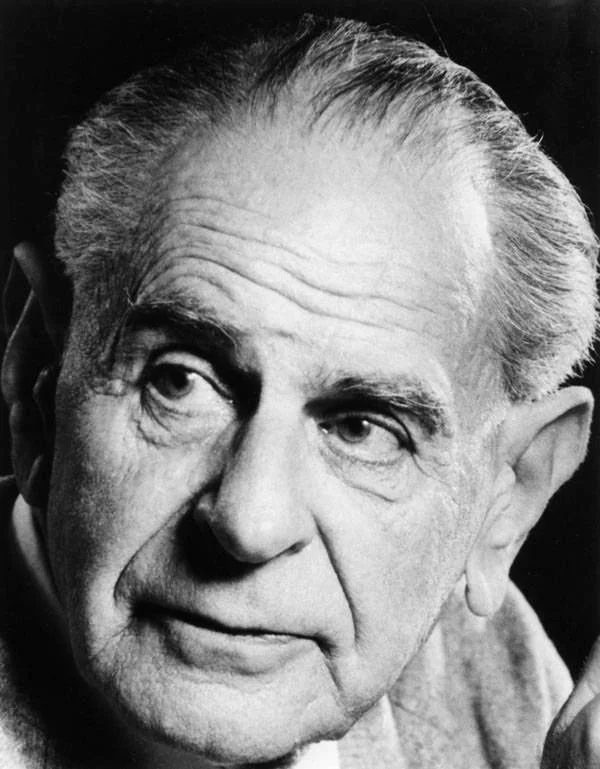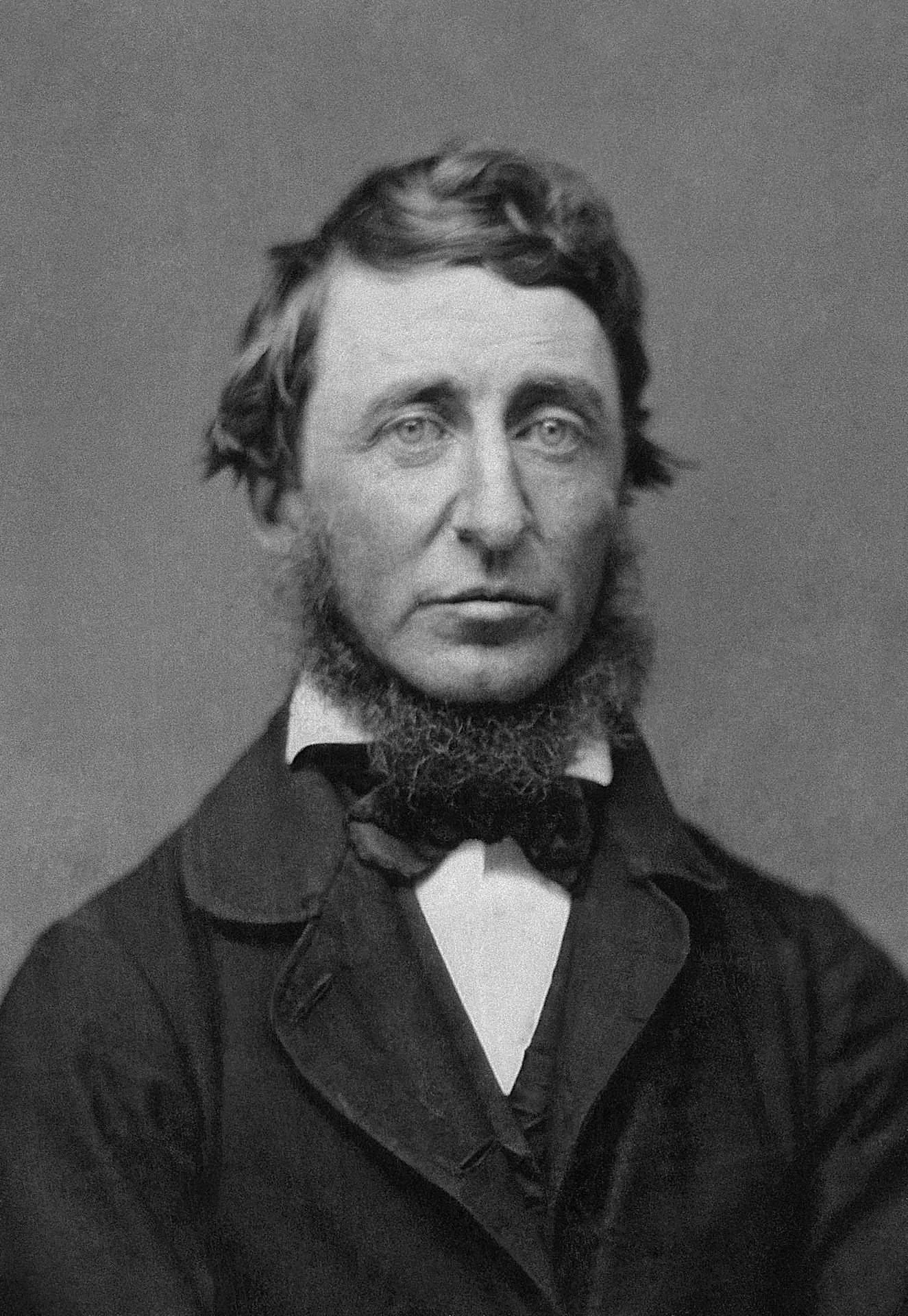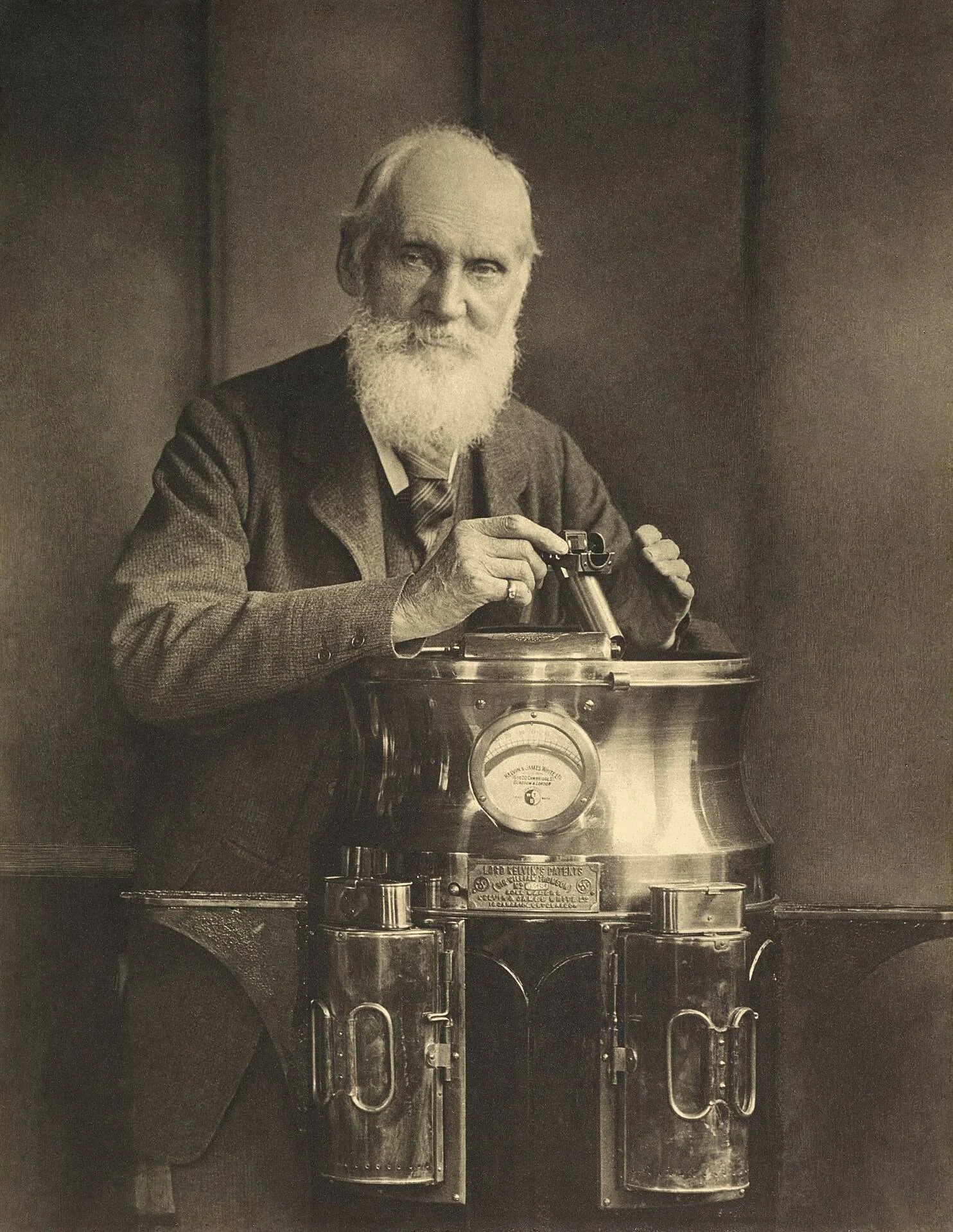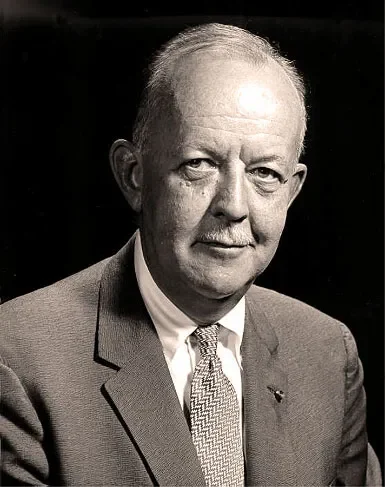Real Celebrities Never Die!
OR
Search For Past Celebrities Whose Birthday You Share
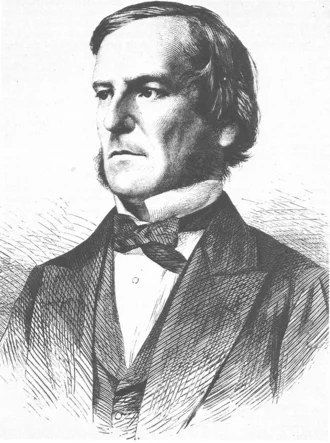
source:wikimedia.org
George Boole
Birthday:
02 Nov, 1815
Date of Death:
08 Dec, 1864
Cause of death:
Fever-induced pleural effusion
Nationality:
English
Famous As:
Logician
Age at the time of death:
49
George Boole's Quote's
George Boole was a self-taught mathematician, philosopher, and logician whose groundbreaking work in algebra and logic became the foundation of modern computer science. His invention of Boolean Algebra revolutionized the way logic is applied in mathematics, ultimately shaping the digital age. Despite humble beginnings, Boole’s intellect and perseverance propelled him to become one of the most influential thinkers in mathematical logic.
Born on November 2, 1815, in Lincoln, England, George Boole came from a modest background. His father, a shoemaker with a passion for science and mathematics, nurtured Boole’s curiosity from an early age. Though his family could not afford a formal education beyond elementary school, Boole’s insatiable love for learning led him to teach himself advanced mathematics, languages, and philosophy by reading extensively and engaging with local booksellers and scholars.
Career : The Young Teacher and Self-Made Scholar
By the age of 16, Boole began teaching mathematics to support his family. His remarkable talent and dedication led him to establish his own school at just 19 years old. Teaching not only provided financial stability but also deepened his understanding of mathematical concepts. During this period, Boole began developing his ideas about symbolic logic, laying the groundwork for his future discoveries.
A Revolutionary Contribution to Mathematics
In 1849, Boole was appointed the first professor of mathematics at Queen’s College, Cork (now University College Cork) in Ireland. This position provided him with the platform to refine and publish his theories. In 1854, he released his seminal work, “An Investigation of the Laws of Thought on Which are Founded the Mathematical Theories of Logic and Probabilities.” In this book, Boole introduced the idea that logical statements could be expressed as algebraic equations and manipulated using mathematical operations.
His work demonstrated that logic was not merely a philosophical discipline but could be systematically applied using symbols and rules, much like arithmetic. Boolean Algebra became the foundation for binary systems, logic gates, and digital circuits—an essential framework for the development of modern computers and electronic devices.
A Tragic End to a Brilliant Life
Boole’s commitment to education and scholarship never wavered, but his dedication to his duties came at a great personal cost. In 1864, after walking three miles in the rain to deliver a lecture, he fell ill with pneumonia. His condition worsened, and tragically, he passed away at the age of 49.
An Enduring Legacy
Though Boole did not live to see the digital revolution, his ideas continue to shape the world. Boolean logic remains a cornerstone of computing, programming, and artificial intelligence. His contributions transcended his era, proving that even a self-taught mathematician from humble origins could leave an indelible mark on human progress. Today, George Boole is remembered as a visionary whose intellectual brilliance paved the way for the digital age.
Name:
George Boole
Popular Name:
George Boole
Gender:
Male
Cause of Death:
Fever-induced pleural effusion
Spouse:
Place of Birth:
Lincoln, Lincolnshire, England
Place of Death:
Ballintemple, Cork, Ireland
Occupation / Profession:
Personality Type
Logician: Innovative inventors with an unquenchable thirst for knowledge. Boole possessed great logical and theoretical reasoning skills. He had a desire to understand the world around him.
Boole’s 200th birthday was celebrated by Google with a Doodle.
George Boole founded two schools in Lincoln He was a linguist who taught himself Greek, French, German, and Italian.
His favorite passage from the bible was the Calling of Samuel.
Boole was elected a fellow of the Royal Society in 1857.
George Boole won the first gold prize awarded for mathematics by the Royal Society in 1844
He was awarded the Keith Medal by the Royal Society of Edinburgh in 1855

